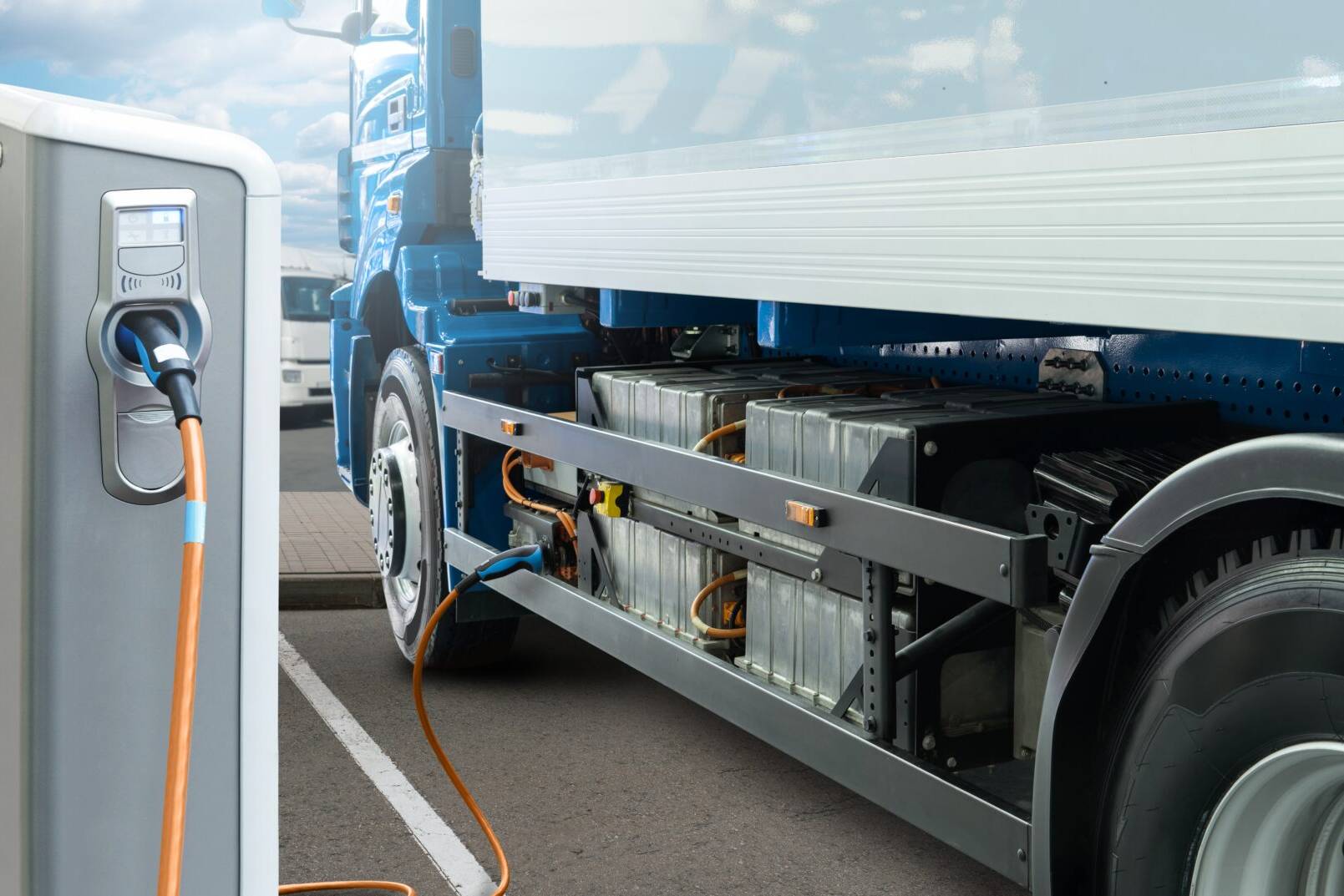CEO’s 4 Climate is een netwerk van klimaatbewuste ondernemers.
Zij zien de klimaatopwarming als een probleem dat oplosbaar is.
Meer zelfs: ze zien de oplossing als een kans voor hun bedrijf.
Klimaat is een groot probleem. Ja, maar het is oplosbaar
en het oplossen is een kans voor bedrijven van hier.” (Roland Maes, Bezieler C4C)
“Klimaat is een groot probleem. Ja, maar het is oplosbaar en het oplossen is een kans voor bedrijven van hier.” (Roland Maes, Bezieler C4C)
Waarom C4C ook u voordelen biedt!
Verbinden
C4C verbindt via een steeds groeiend netwerk van duurzame ondernemers. Doeners die net als u geloven dat het vooruit moet gaan.
Inspireren
C4C inspireert met Climate Cafés, waar experts je inzichten verbreden.
Initiëren
C4C initieert essentiële projecten om de groene transitie te versnellen. Bij C4C bent u aan de bron van innovatie.
Informeren
C4C informeert met actuele content om up-to-date te blijven
Roland Maes vertelt u in een notendop wat CEO's 4 Climate voor u, als ondernemer, kan betekenen.
Zin om de handen in elkaar te slaan en te werken aan een beter klimaat?
Interesse om samen te werken met de leden en partners van CEO’s 4 Climate?
Contacteer ons voor meer informatie en geniet van de vele voordelen van een lidmaatschap!
Wilt u samen met andere ondernemers en experts ontdekken
hoe u mee het verschil kan maken met uw bedrijf?
Recente nieuwsberichten
Ontdek wat er leeft en beweegt bij onze leden, onze partners en de wereld rondom ons.
08/04/2024
Elektrisch rijden: van vooroordeel naar aankoop met rijplezier
Elektrisch rijden heeft de laatste jaren een enorme groei…
14/03/2024
5 voordelen van elektrische vrachtwagens
Een van de nieuwste en belangrijkste regelgevingen waar…
09/02/2024
Alles wat KMO’s moeten weten over CSRD-regelgeving
Een van de nieuwste en belangrijkste regelgevingen waar…
15/01/2024
4 voordelen van energieopslagsystemen
Het vermogen om opgewekte energie op een later moment te…
30/10/2023
“Wij willen bedrijven ontzorgen in hun overgang naar duurzame mobiliteit”
Het Lokerse familiebedrijf Alphatronics ontwikkelt al sinds…
Platform voor CEO's die werken aan een duurzame toekomst.
Bestaansreden
We kunnen er niet meer omheen. Alarmerende berichten over het klimaat zijn al een hele tijd dagelijkse kost. Politici en belangengroepen voeren eindeloze debatten en zoeken naar oplossingen. We merken echter dat er een stroom van initiatieven en bewegingen ontstaat, en dat we als westerse maatschappij op een keerpunt staan. Zowel bedrijven als individuele personen ondernemen pogingen om hun ecologische voetafdruk te beperken. Maar soms is het moeilijk om ‘door het bos de bomen te zien’ en concreet actie te ondernemen.
Community
CEO’s 4 Climate is een community van bedrijfsleiders die willen bijdragen tot ecologisch ondernemen waarbij de focus ligt op het resultaat. CEO’s 4 Climate (C4C) zal de relevante thema’s aankaarten en hier telkens concrete businessgerichte oplossingen aan koppelen. Het draait steeds om een ‘win-win-win’ voor het bedrijf, voor het milieu & klimaat én voor de eindklant. De echte verandering kan uit de bedrijfswereld komen!
Events
Jaarlijks organiseren we verschillende keynote speaker events in heel Vlaanderen. Aanbevelingen van het Intergovernmental Panel on Climate Change (IPCC), het Europees Milieuagentschap en het Instituut voor Landbouw-, Visserij- en Voedingsonderzoek (ILVO) worden verwerkt tot concrete aanbevelingen. Deze aanbevelingen presenteren we in samenwerking met de lokale politiek en wetenschappers aan bedrijven, die er business uit kunnen halen.
Wil jij ook je boompje bijdragen aan een groenere toekomst?Dat kan heel eenvoudig!
Doneer een of meerdere bo(o)m(en) en draag direct bij aan het herstel van onze planeet. Denk aan de lucht die schoner wordt, het ecosysteem dat versterkt wordt en de CO2-opname die toeneemt. Bovendien draagt het bij aan het behoud van biodiversiteit en biedt het habitats voor verschillende diersoorten.
Jouw bijdrage is niet alleen goed voor het milieu, maar ook voor de toekomstige generaties en onze C4C-community. Elke geplante boom komt terecht in het Belgische CEO’s 4 Climate bos. Wij willen dus zoveel mogelijk leden, partners, medewerkers, vrienden, familie en sympathisanten laten meebouwen aan ons eigen stukje groen. Doe jij ook mee? Laten we samen de krachten bundelen en een duurzame impact maken met elke geplante boom!
Al een boom gekocht? Super! Volg het planten van je boom op via ons impact dashboard. Daar kan je steeds via satellietbeelden je eigen impact binnen dit project bekijken. Liever wat van dichter aanschouwen? Eens ze wat gegroeid zijn gaan we graag eens op bezoek samen met onze gulle planters.
We kijken ernaar uit samen een mooie impact te realiseren!












